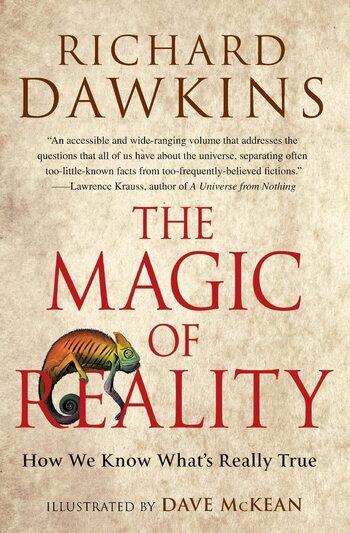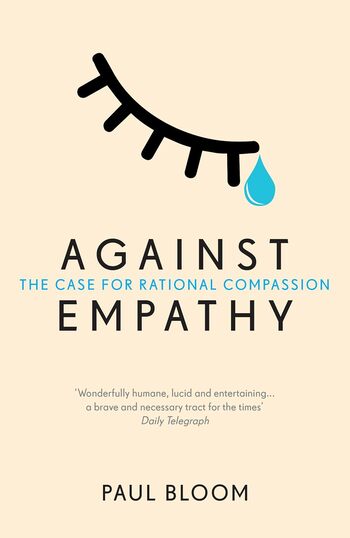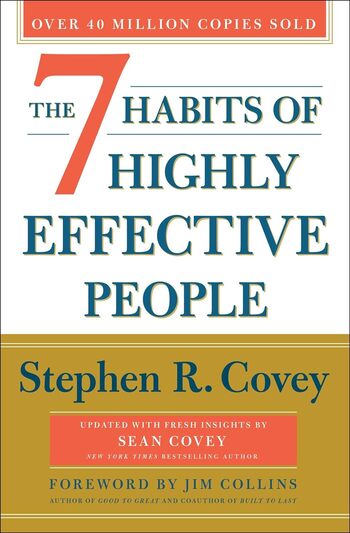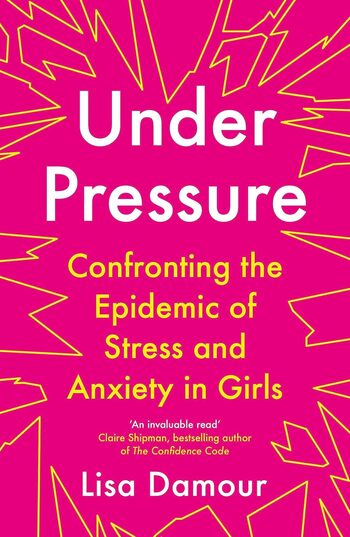
The book explores existentialist ideas, emphasizing the importance of embracing ambiguity and taking responsibility for one’s choices, warning against blind adherence to moral doctrines.
Main Lessons
- Humans are inherently irrational and absorb information unreliably.
- Existentialism avoids fixed definitions, embracing life’s ambiguity.
- Personal choice is central; individuals must make their own moral decisions.
- Existentialists reject quick fixes offered by moral doctrines.
- Beauvoir presents character types: sub-man, serious man, nihilist, and adventurer.
- Subjectivity and bias influence all personal interpretations.
- Political stance is inevitable; apolitical claims are subtly political.
- Oppression dehumanizes by denying individuals control of their destinies.
- Change is always possible, challenging the stability of oppressive regimes.
- Human lives must take precedence over abstract values in decision-making.
- Violence is permissible only in defense of real people, not ideals.
- Values should guide, not dominate, critical decisions involving people.
- Power dynamics can shift with awareness of oppression’s injustice.








